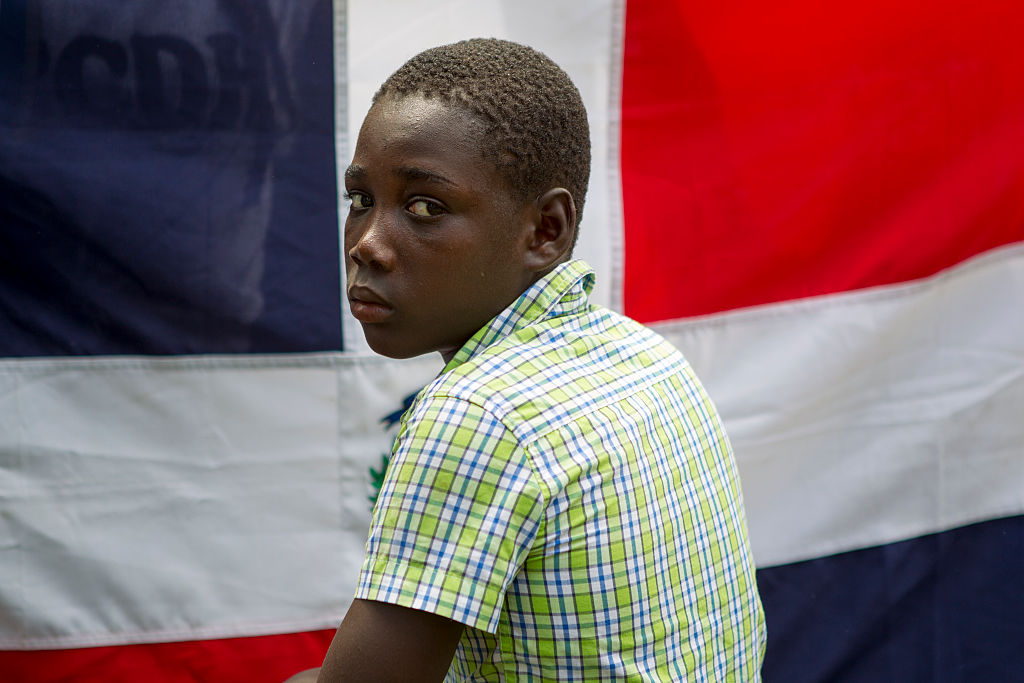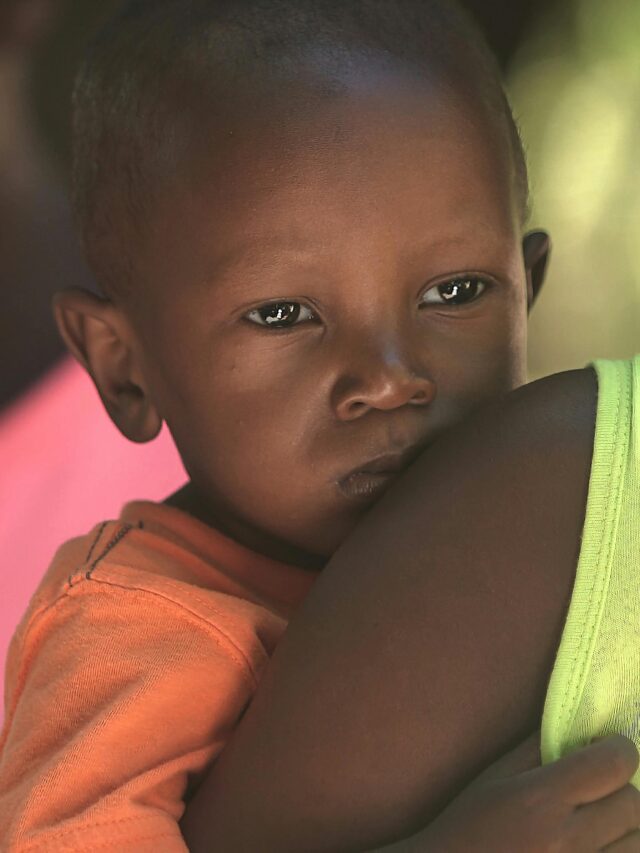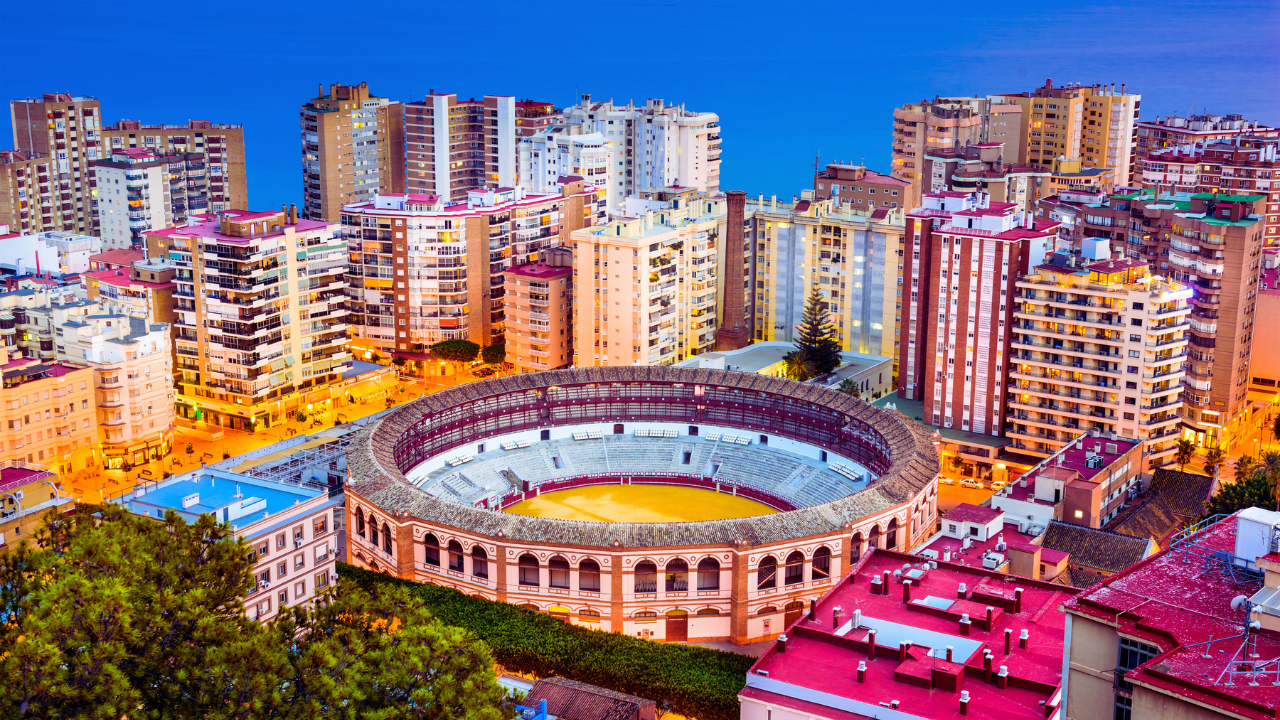Haiti and the Dominican Republic (DR) may occupy the same island of Hispaniola on the Caribbean Sea with nearly the same populations hovering around 10 million people, but the similarities between the two stop there.
“Culturally, we’re different,” said Frantz G, who was born and raised in Haiti for 15 years until moving to the United States and settling in the Midwest with his family. “A lot of that has to do with the fact that we were colonized by the French and the Dominican Republic was colonized by the Spanish. We speak more of a French creole in Haiti and people from the Dominican Republic speak Spanish.”
The history of oppression and colonization has played a significant role in both countries and their differences span beyond the language barriers and political border boundaries.
Colonization, in part, is one reason why Haiti continues to struggle economically when compared to the Dominican Republic. The economy in the DR is reportedly 10 times larger than Haiti’s.
Spanish and French Rule
Tension between the Spanish and French is what eventually led to the division of the island. Spain had claimed the entire island but in the 1600s, France took over the western part of the island from Spain.
Haiti officially gained its independence from France in 1804 by self-liberated slaves who were anti-colonialism through what is known today as the Haitian Revolution. After breaking away from French rule, the country claimed the title as the world’s first Black republic in the Western hemisphere.
That independence has proven to come with consequences as Haiti was ordered to pay France, its colonizers, approximately 90 million gold francs over 30 years to compensate former plantation owners who lost their property as a result of Haiti’s newfound independence.
Another cost was isolation from the rest of the world as there were growing concerns that slaves from other countries in the Americas would rebel as well.
And across the border, the Dominican Republic gained independence from Spain in 1844.
How Colonization Impacted Economic Freedom In Haiti
Before Haitian slaves rebelled against French occupiers, the French exploited the land for its sugar cane and coffee to make Haiti an economic hub. The Spaniards, however, had a different approach that didn’t involve exploiting the land and eventually integrating with the indigenous people on the DR side through marriage and developed political systems, according to Vox Borders.
According to Restavek Freedom, the geographic makeup of the island puts Haiti at a disadvantage. On the western side, the mountains block the rainfall needed to grow essential crops and sustain livestock. But on the eastern side of the island, the rain is in DR’s favor making the soil healthier and better to grow essential crops and more.
Haiti simply didn’t have a fair chance at gaining economic freedom because by the time Haiti became independent, the land was already exploited, therefore destroying the fertility of the land, which was not the case in the Dominican Republic.
One Island But Two Worlds
The average Haitian is reportedly nearly 10 times poorer than the average Dominican, and much more likely to be unemployed. The infant mortality rate is double the rate in Haiti. When it comes to food security, Haiti has more people to feed than the DR but less food.
Despite the odds, Haiti continues to forge toward a better tomorrow.






